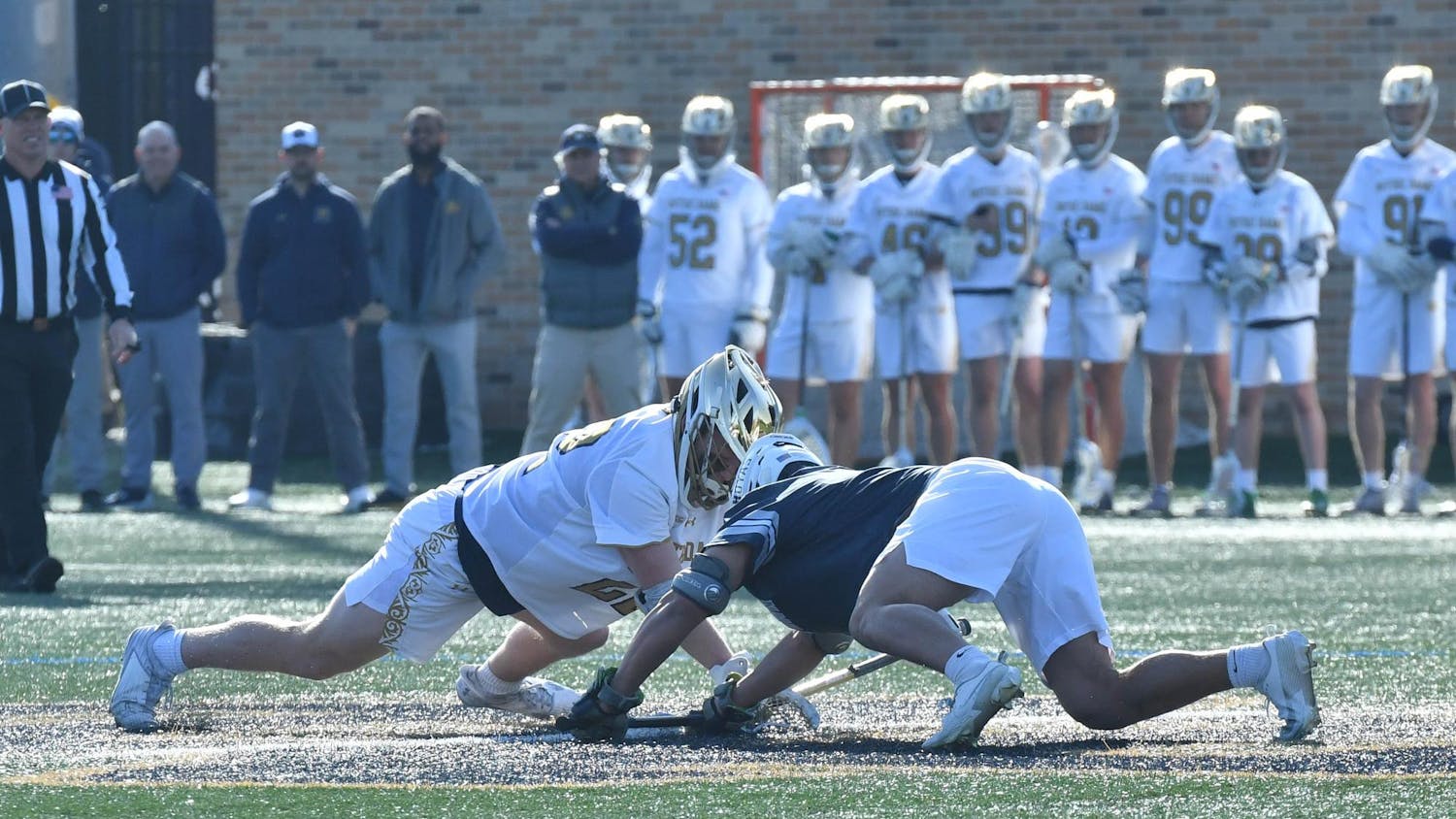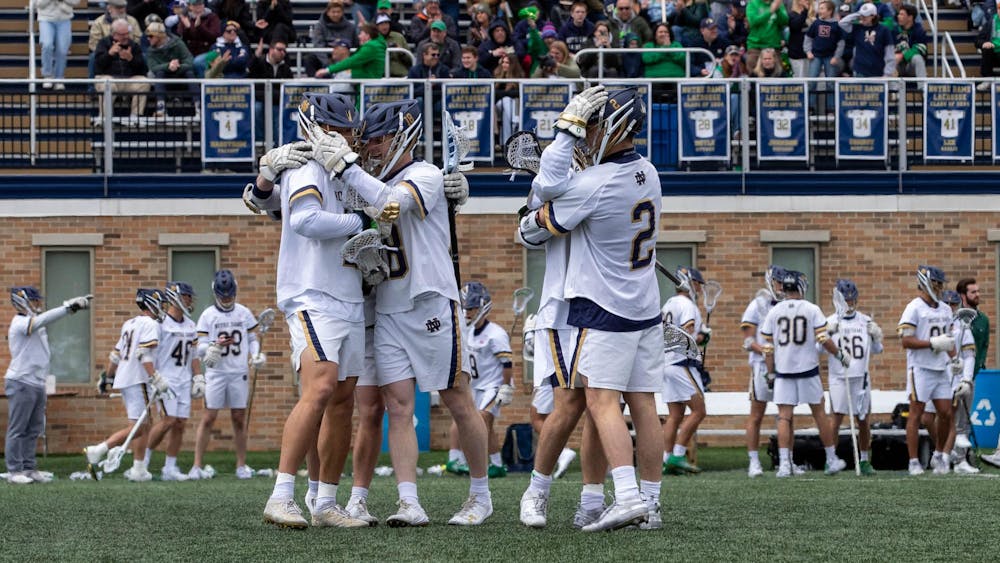Last week, the National Labor Relations Board ruled that players on the Northwestern football team were employees of the university — not just student athletes — and they therefore have the right to form their own labor union. Right now, the College Athletes Players Association, which is being funded by the United Steelworkers, is pushing for better medical coverage for former and current student athletes, as well as a cut of commercial sponsorships and aid to help former athletes graduate.
Although the CAPA is not currently asking for salaries for student athletes, many commentators see the recent decision as a step toward paying college athletes beyond the scholarships they currently receive. Although the idea of paying players (legally, not just in the form of fake campus jobs and free cars) has been tossed around for years, it is clear that athletic departments across the country will not be able to ignore the issue for much longer.
As is often the case when two factions fight over money, both groups risk coming out of this legal fight looking rather bad. The NCAA, which remains a strict and capricious enforcer of amateurism, is so dysfunctional and draconian that even Mark Emmert’s mother could not give the organization a positive review. College athletic departments surely do not want to spend the coin to pay their players if they do not have to, but it is hard to believe so many are hurting for money when we see shiny new weight training facilities and basketball coaches making more money than governors.
The student athletes — the same ones we all cheer for Saturday afternoons — might initially seem more sympathetic, and anyone who’s watched ESPN in the past year or so knows that much of the sports media complex has sided with the players. But we should remember that most citizens in this country do not have their own sports talk radio show, and many of them spend a lot more time worrying about their own children’s college tuition payments than about Big 12 basketball. These people might be casual sports fans, but I doubt they will be able to muster much sympathy for athletes who are already getting a college education for free.
But there are two parties who have managed to stay out of the fray, despite the fact that they are largely responsible for it: the NFL and the NBA. Sure, the NBA technically has the D-League, but pretty much any athlete who enjoys a successful career in professional football or basketball gets a few years of training in a college program. The NCAA can tout the virtues of amateurism, but it is more than happy to let universities function as a minor league for both the NFL and NBA.
I love college sports as much as anyone, but even I have to admit that it makes no sense to force a talented cornerback to pretend he wants to study sociology for three years before he can move on to the NFL.
In nearly every other system, leagues are charged with training their own talent. Most soccer clubs around the world have teams for each age group and promote players through the system when they are ready to advance. In North America, baseball and hockey players can choose between the minor leagues and a college program. Most of the very best take large signing bonuses and the promise of a quick promotion to main club, while the more academically-inclined might hedge their bets by getting a college education while improving their skills and hoping to grow a few extra inches.
The NFL and NBA might be taking advantage of colleges as a training ground for their future stars, but the NCAA is hardly an unwilling victim. There’s media attention – and money – in the stars of tomorrow. All the same, the NCAA has been very clear that a full scholarship is the maximum reward student athletes can receive. If a young athlete prefers paychecks to books, that is fine, but it should be the NFL and NBA that should find a place for him, not the NCAA.













